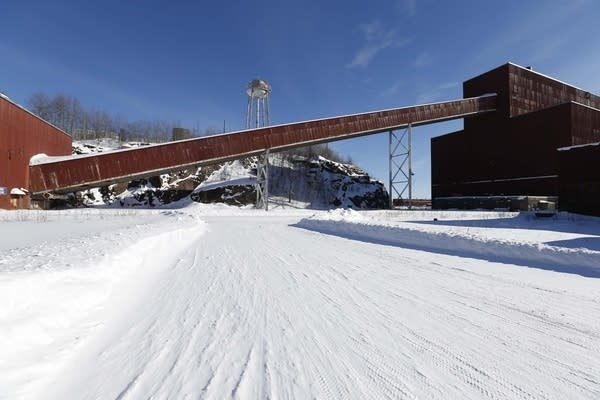Environmental groups, Fond du Lac Band sue federal agencies over PolyMet land exchange
Second time the Center for Biological Diversity has filed such a lawsuit

In this photo taken Feb. 10, 2016, the closed LTV Steel taconite plant, which has been proposed to reopen as part of PolyMet copper-nickel mine plans, sits dormant. Environmental groups and an Indigenous band filed lawsuits challenging federal agencies over their approval of a land exchange with PolyMet.
Jim Mone | AP
Go Deeper.
Create an account or log in to save stories.
Like this?
Thanks for liking this story! We have added it to a list of your favorite stories.


